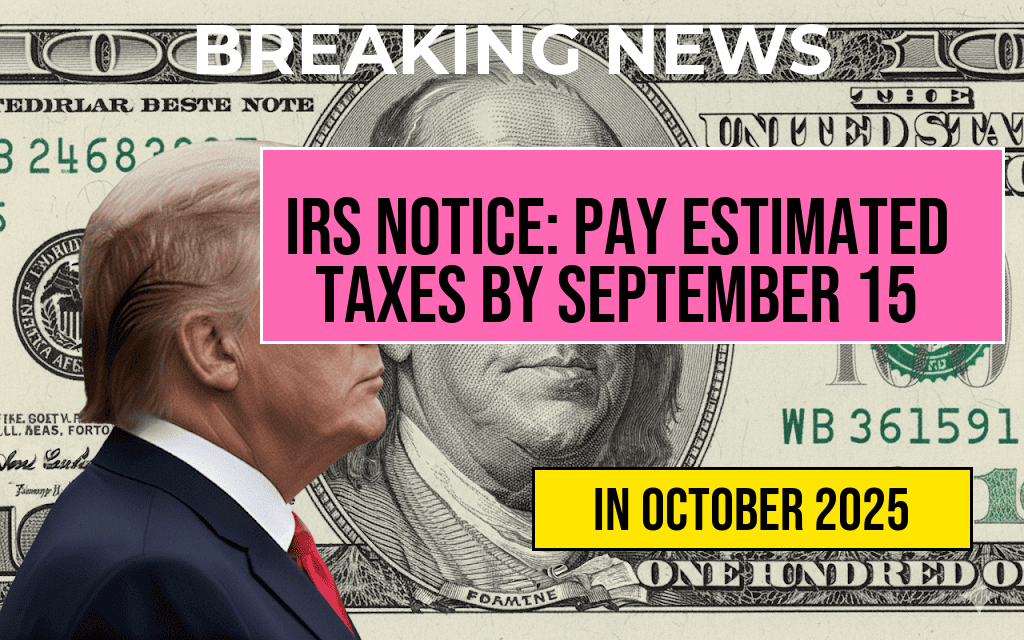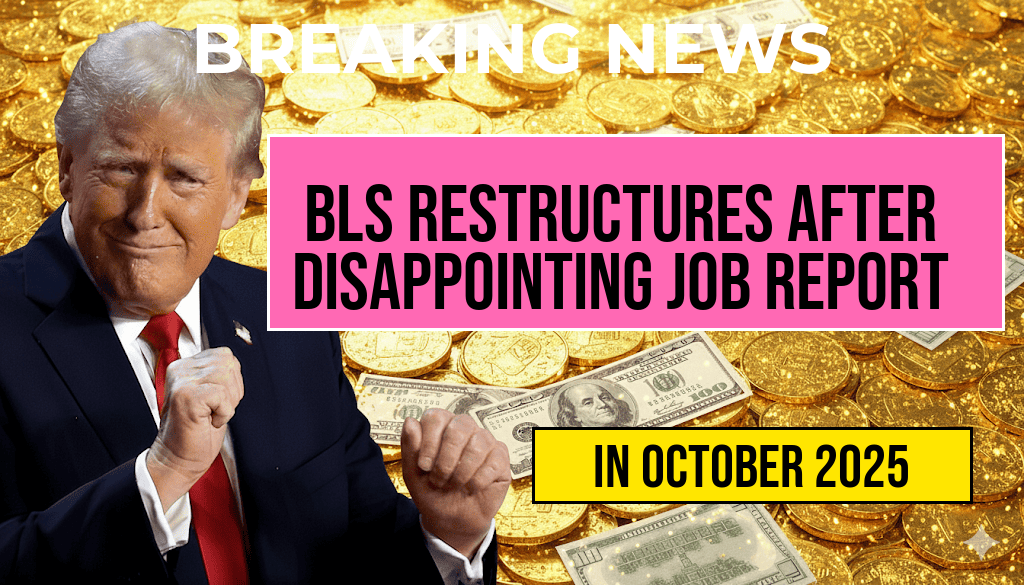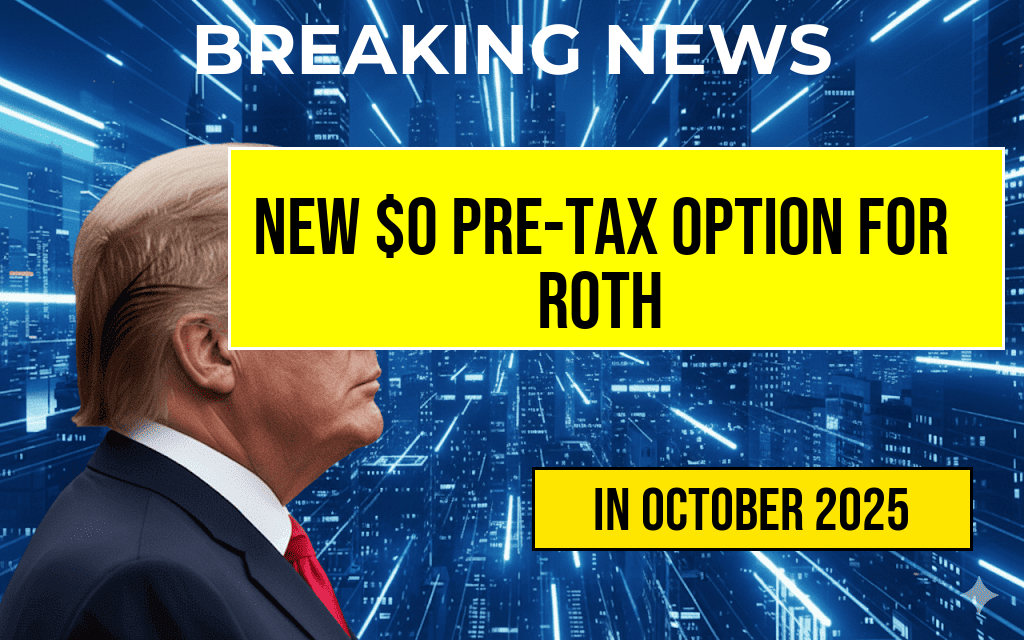The Internal Revenue Service (IRS) has issued a new notice urging taxpayers to submit their estimated tax payments by September 15, 2023, to avoid potential penalties. This warning comes as the tax agency aims to ensure compliance and streamline the tax process for individuals and businesses alike. Taxpayers who do not meet this deadline may face fines that could significantly impact their financial standing. The IRS emphasizes the importance of timely payments, especially for those who expect to owe at least $1,000 in taxes for the year, after subtracting withholdings and refundable credits.
Understanding Estimated Taxes
Estimated taxes are a method used by the IRS to collect revenue from individuals and businesses that do not have taxes withheld from their income. This applies to various categories, including self-employed individuals, freelancers, and those with significant investment income. The IRS requires these taxpayers to make quarterly payments throughout the year to ensure that the required tax is paid in a timely manner.
Key Deadlines for Estimated Tax Payments
| Payment Period | Due Date |
|---|---|
| 1st Quarter | April 18, 2023 |
| 2nd Quarter | June 15, 2023 |
| 3rd Quarter | September 15, 2023 |
| 4th Quarter | January 16, 2024 |
Potential Penalties for Late Payments
Taxpayers who fail to pay the required estimated taxes on time may incur penalties, which can accumulate over time. The penalty is generally calculated as a percentage of the unpaid tax amount and can vary based on how late the payment is. The IRS may charge interest on the unpaid balance, further increasing the financial burden.
- Failure-to-Pay Penalty: Typically 0.5% per month on the unpaid tax.
- Interest Charges: The IRS sets interest rates quarterly, which can add to the total owed.
- Increased Scrutiny: Late payments may trigger additional reviews from the IRS.
Who Should Pay Estimated Taxes?
According to the IRS, estimated tax payments are crucial for various groups, including:
- Self-employed individuals who do not have taxes withheld from their earnings.
- Investors with significant income from dividends and capital gains.
- Individuals with income from rental properties or side businesses.
How to Calculate Your Estimated Taxes
Calculating estimated taxes can seem daunting, but the IRS provides resources to assist taxpayers. Here are the basic steps to determine your estimated tax payments:
- Estimate your expected gross income for the year.
- Deduct any eligible expenses to arrive at your taxable income.
- Apply the appropriate tax rates to your taxable income.
- Subtract any credits and withholdings to find your estimated tax liability.
- Divide your total estimated tax liability by four to determine quarterly payments.
For more detailed guidance, taxpayers can refer to the IRS website or consult a tax professional. Additionally, resources such as IRS Estimated Taxes and Forbes on Estimated Tax Payments provide comprehensive information on requirements and strategies for compliance.
Conclusion
As taxpayers prepare for the upcoming September 15 deadline, ensuring that estimated taxes are calculated accurately and submitted on time is crucial. By adhering to these guidelines, individuals can avoid unnecessary penalties and maintain a smoother relationship with the IRS. Those in doubt should consider reaching out to tax professionals for assistance and clarity on their obligations.
Frequently Asked Questions
What is the new IRS notice regarding estimated taxes?
The new IRS notice advises taxpayers to pay their estimated taxes by September 15 to avoid potential penalties. This reminder is particularly important for those who may not have met their payment obligations earlier in the year.
What are estimated taxes?
Estimated taxes are payments made to the IRS on income that is not subject to withholding, such as self-employment income, interest, dividends, and rental income. Taxpayers typically make these payments quarterly to avoid a large tax bill at the end of the year.
What happens if I miss the September 15 deadline?
If you miss the September 15 deadline to pay your estimated taxes, you may incur penalties and interest on the unpaid amount. It’s crucial to make the payment as soon as possible to minimize any financial repercussions.
How do I calculate my estimated tax payments?
You can calculate your estimated tax payments by using the IRS Form 1040-ES, which provides guidelines based on your expected income, current tax rates, and any deductions or credits you may qualify for. It’s advisable to consult a tax professional if you are unsure about your calculations.







